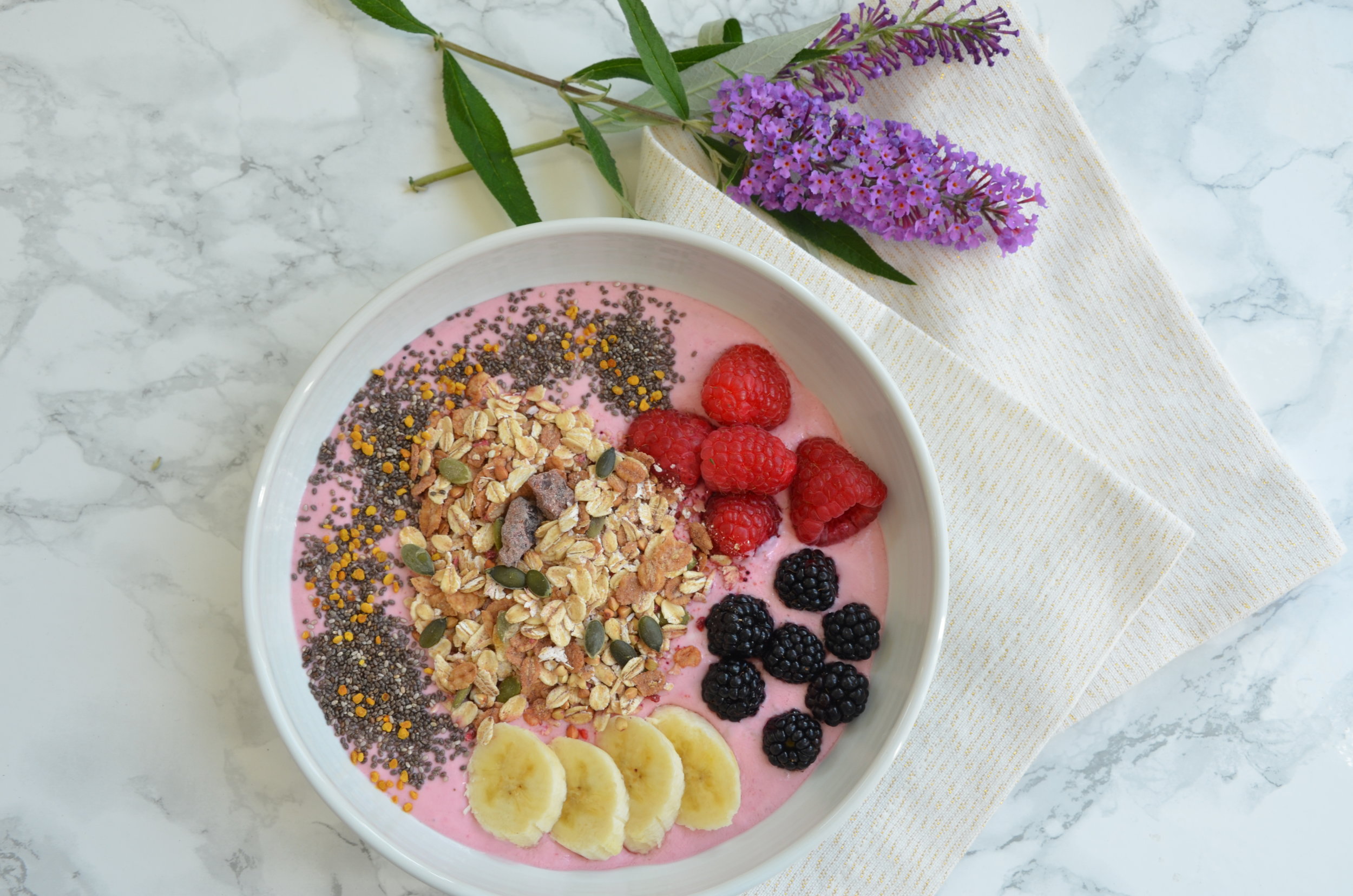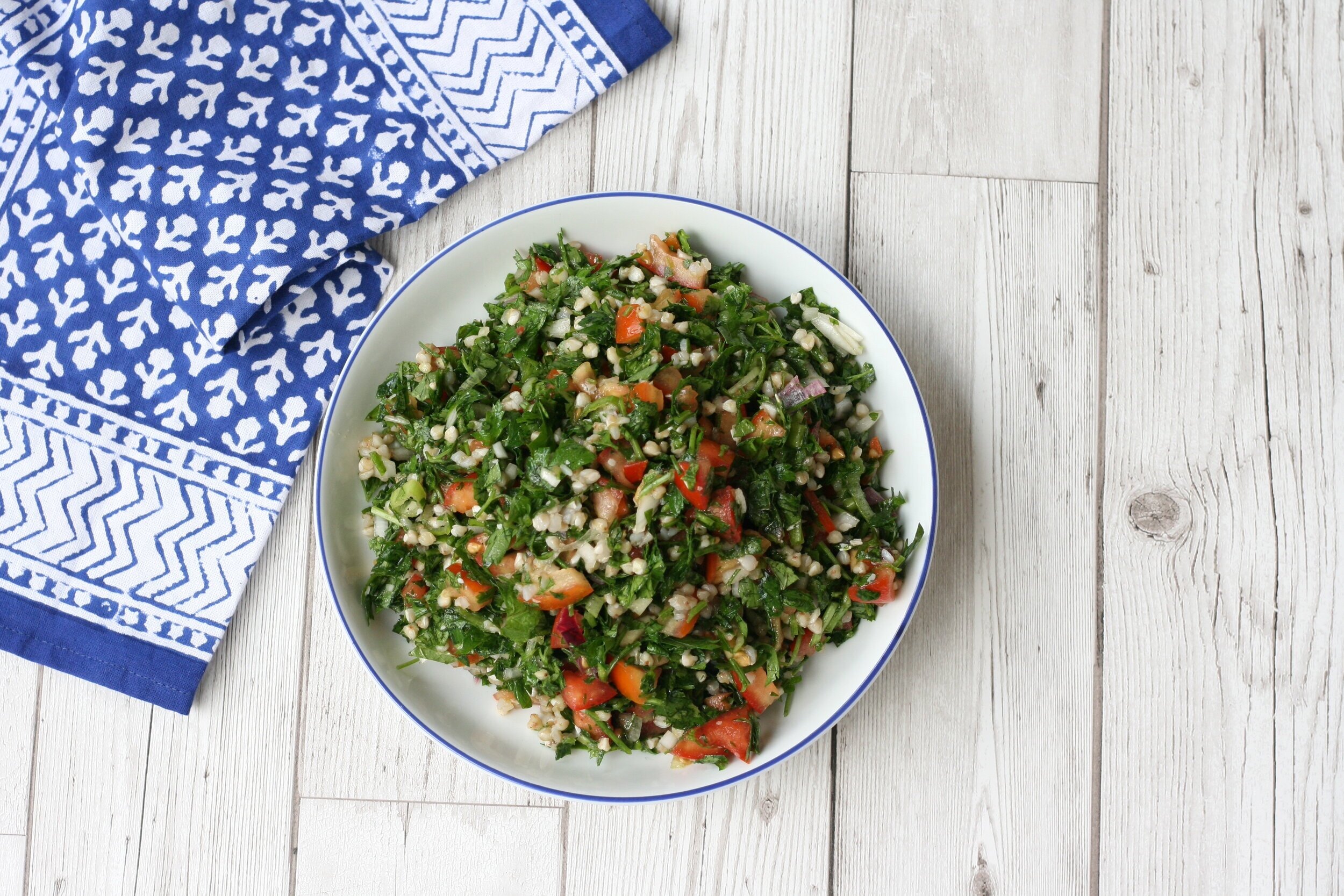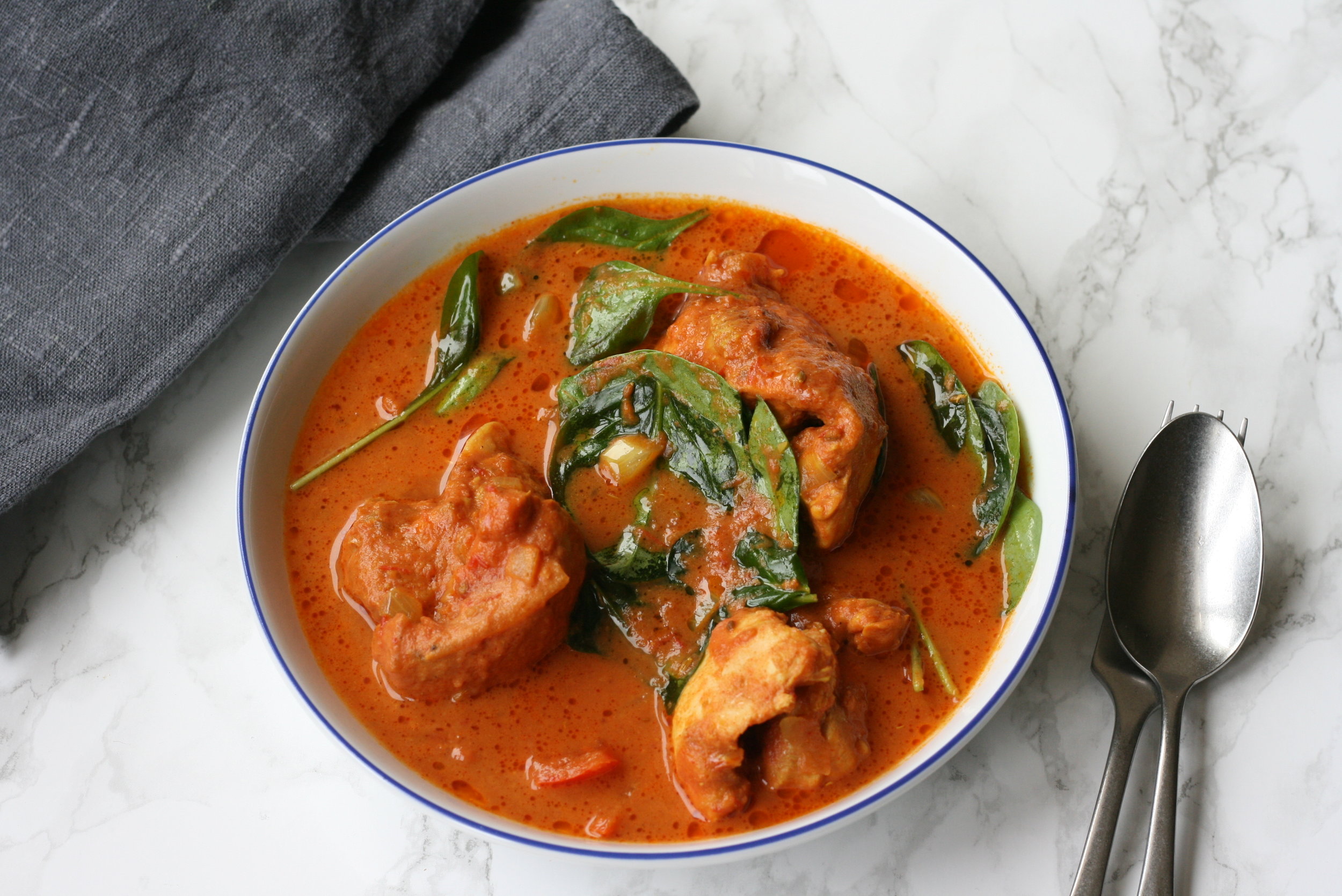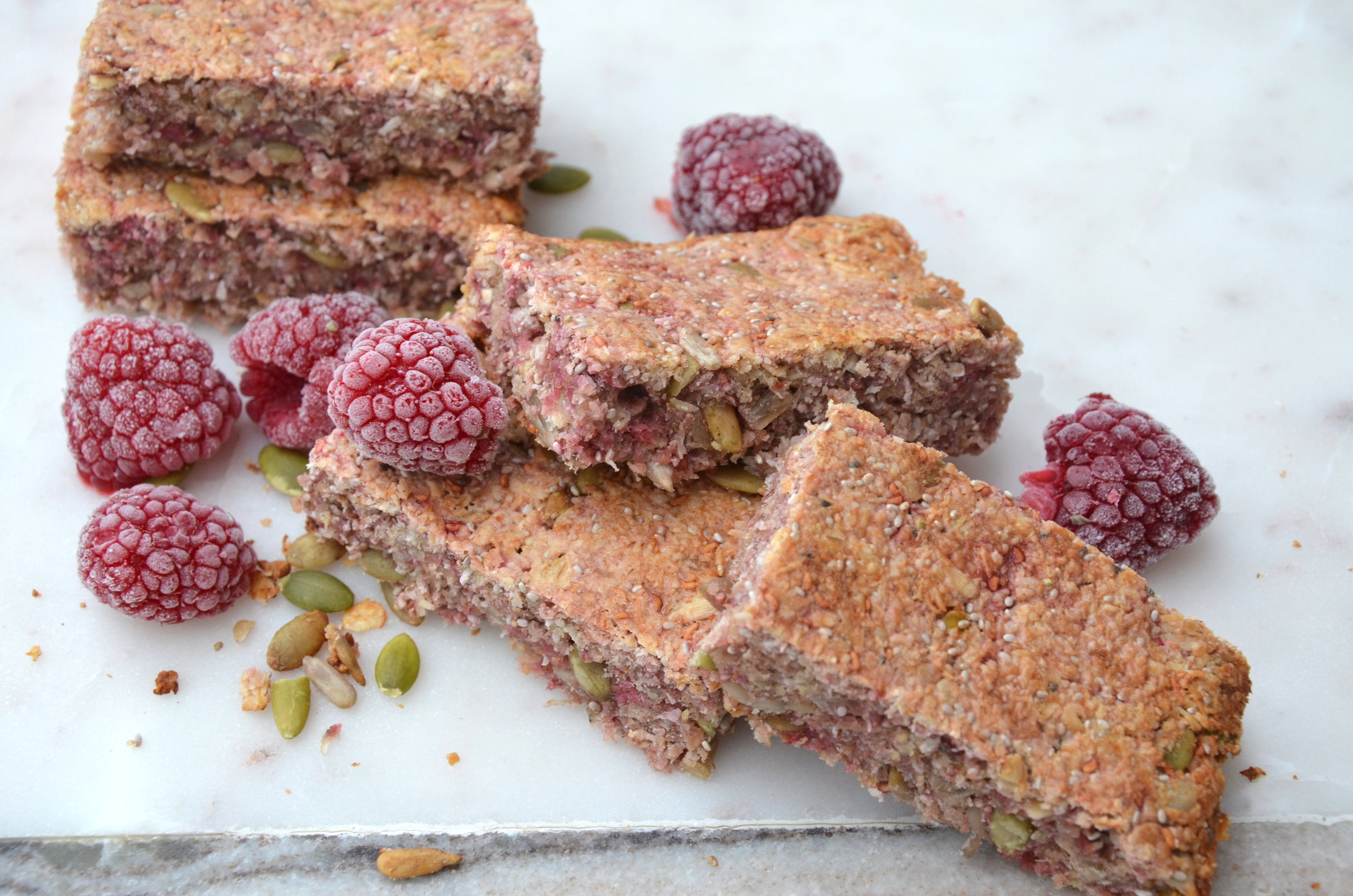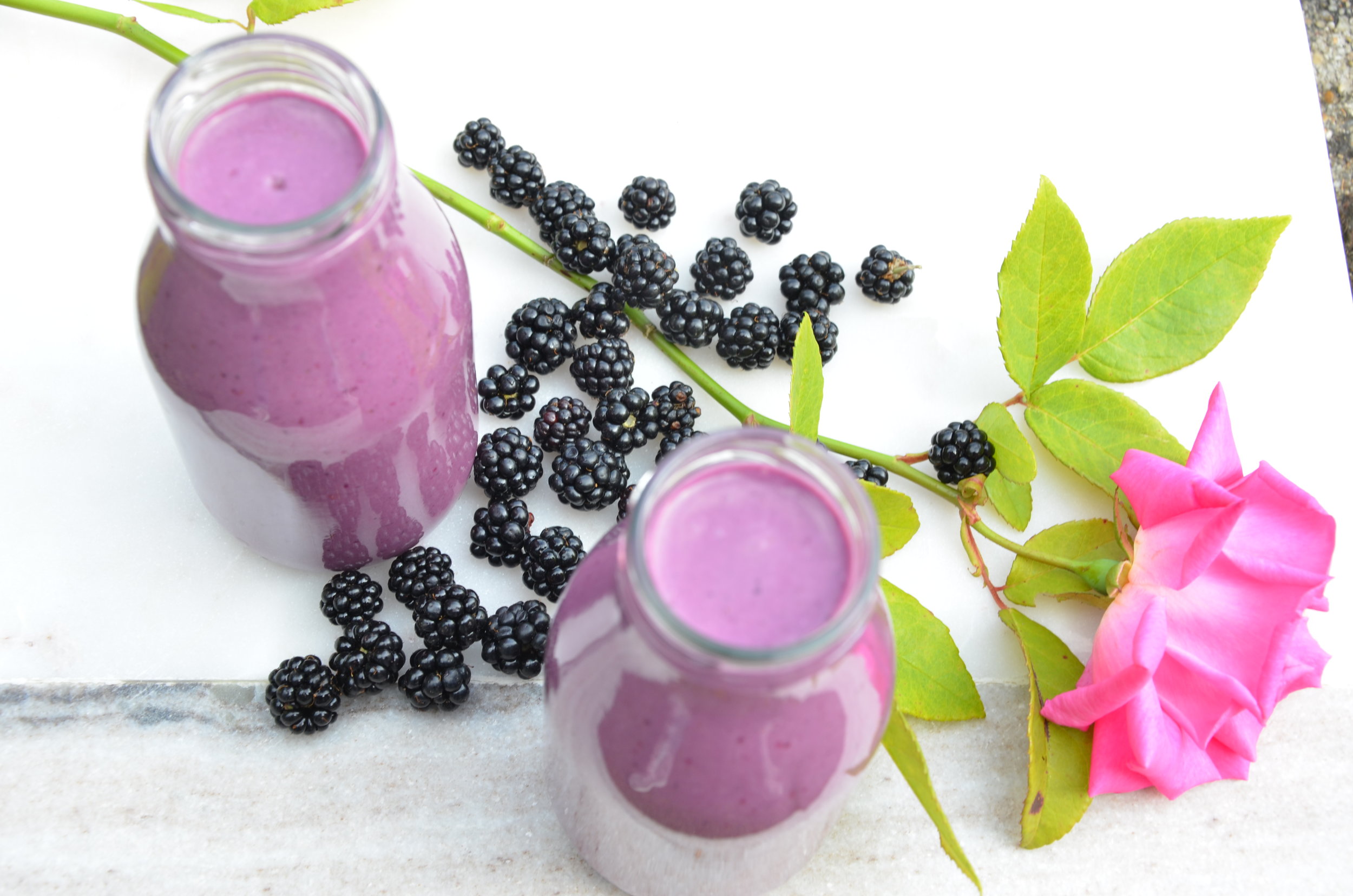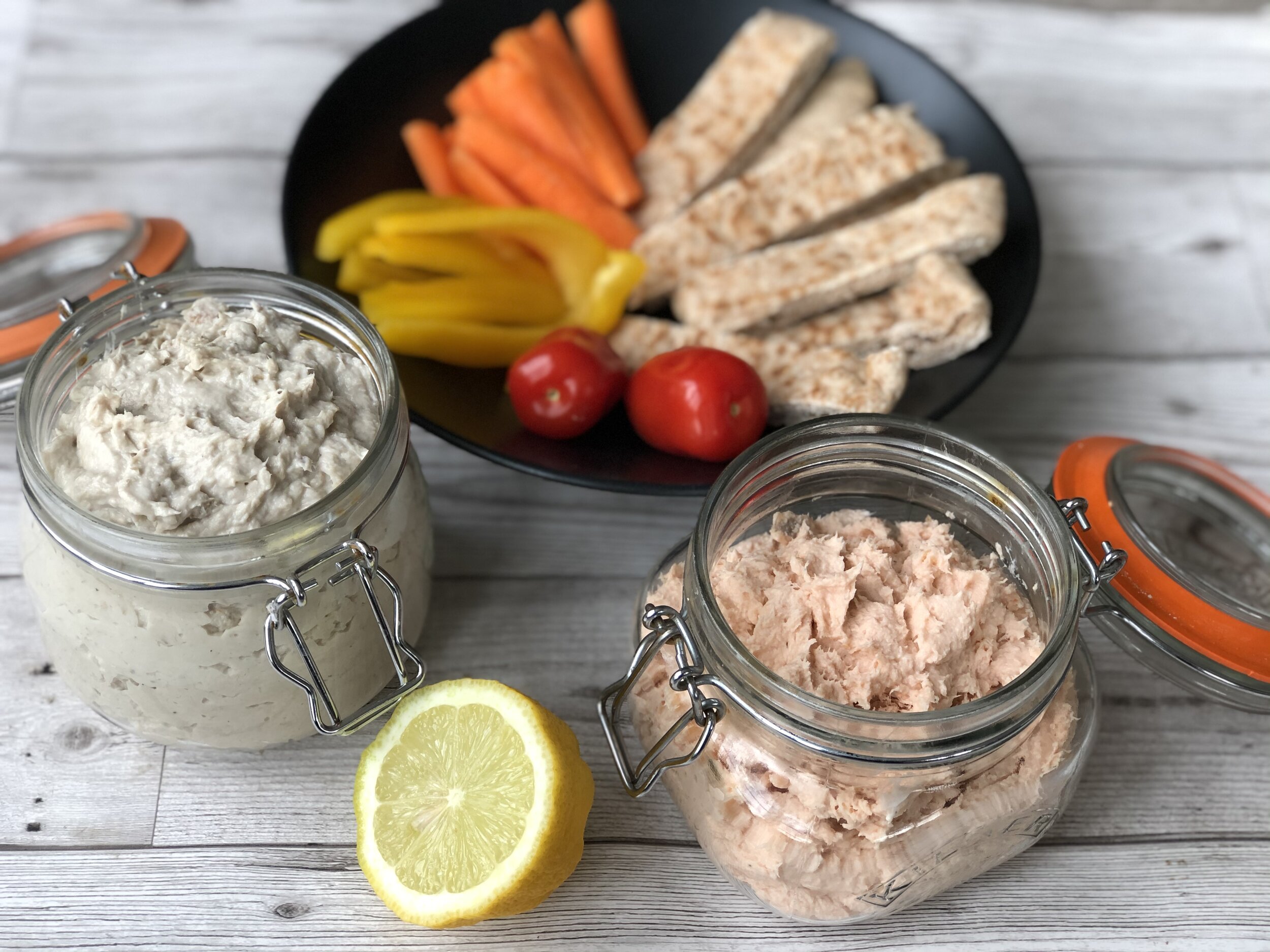top tips to improve gut health
The digestive tract is home to a complex microbial community. Keeping this community diverse, inflammation low and the mucosal lining strong is key to a healthy digestive system. The gut microbiome affects nutrient uptake, metabolism, body clocks, carcinogen detoxification, immune responses, chronic inflammation and even mental health. Symptoms that your digestive tract is not healthy include bloating, pain, constipation, diarrhoea and excessive wind.
The good news is there is lots you can do to improve your gut health. To keep it simple a diet rich in vegetables, whole grains and low in sugar is highly beneficial, but if you want to tweak it further then these tips might help.
Eat mindfully
With clients I often take a North to South approach starting with when food first enters our digestive tract. Do you chew your food well? Eat sitting down and slowly? If suffering digestive issues these are easy things you can start to incorporate for digestive easing.
Increase polyphenols
Polyphenols are secondary metabolites found in plants and are abundant in fruit, vegetables and grains. They help to reduce oxidation in such conditions as obesity, diabetes and cardiovascular disease. 5-10% of polyphenols are absorbed in the small intestine. The remaining 90-95% reach the colon in unchanged form. Studies suggest that there is a complex interplay between polyphenols and the gut microbiome.
Our favourite polyphenols include
berries
herbs and spices
greens tea
olives
black beans
Include PHGG
Partially hydrolysed guar gum (PHGG) is a type of soluble dietary fibre. High dietary intake of fibre is associated with microbial diversity. PHGG completely dissolves in water and has been shown in increase the abundance of lactobacillus and bifidobacteria. It has been shown to help with bloating. It also increases short-chain fatty acids which are an important energy source for colonic epithelial cells and help to regulate gut physiology.
Our favourite source of PHGG is
Invivo Bio.Me Prebio PHGG. Add 1 teaspoon to your first cup of tea in the morning. It dissolves completely and is tasteless. Take every day.
Add fermented foods
Examples of fermented foods include plain and Greek yoghurt, kefir, sauerkraut, kimchi, kombucha and tempeh. Fermented foods help to increase lactobacilli in the digestive system.
Ditch sugar and artificial sweeteners
Eating too many simple sugar such as glucose or fructose can disrupt your gut microbiome. Artificial sweeteners are not a good replacement. Although they contain no calories and are often used as a replacement they can cause havoc with the diversity of your microbiome. The sugars and artificial sweeteners can also lead to high blood sugar and insulin resistance which disrupts the gut barrier.
Get outside in nature
Being outside in nature helps to increase the diversity of your microbiome even if it’s a few minutes a day.
More sleep
Our gut microbiome have a circadian rhythm - just like we do. If we stay up late or snack when our gut microbe have shut down for the night they this can lead to a disturbed microbiome - as well as a disturbed sleep. Research has shown that those with healthy sleep patterns have a more diverse microbiome. The Akkermansai bacteria like a long fast overnight and they help to strengthen the gut lining when they aren’t being fed.
Watch your alcohol intake
Alcohol affects the gut barrier, but also influences the speed with which food travels down the digestive tract. Alcohol can increase the abundance of pathogenic microbes. However, while high alcohol intake is generally not a good idea, the odd glass of red wine contain polyphenols which help to protect you from inflammation and increase the abundance of beneficial bacteria.
Still suffering?
If you are suffering from digestive complaints and are finding that lots of different foods are causing a reaction then it’s a good idea to get some help from a health practitioner. Nutritional therapists are trained to help with digestive problems. They will probably start with a stool sample that can look at the make up of your bacteria to determine if you are missing any key bacteria or suffering from some form of dysbiosis. A stool sample will also look at the health of your gut lining and determine whether inflammation is a problem.
To book a FREE call with Kat to discuss your gut health problems click here.

